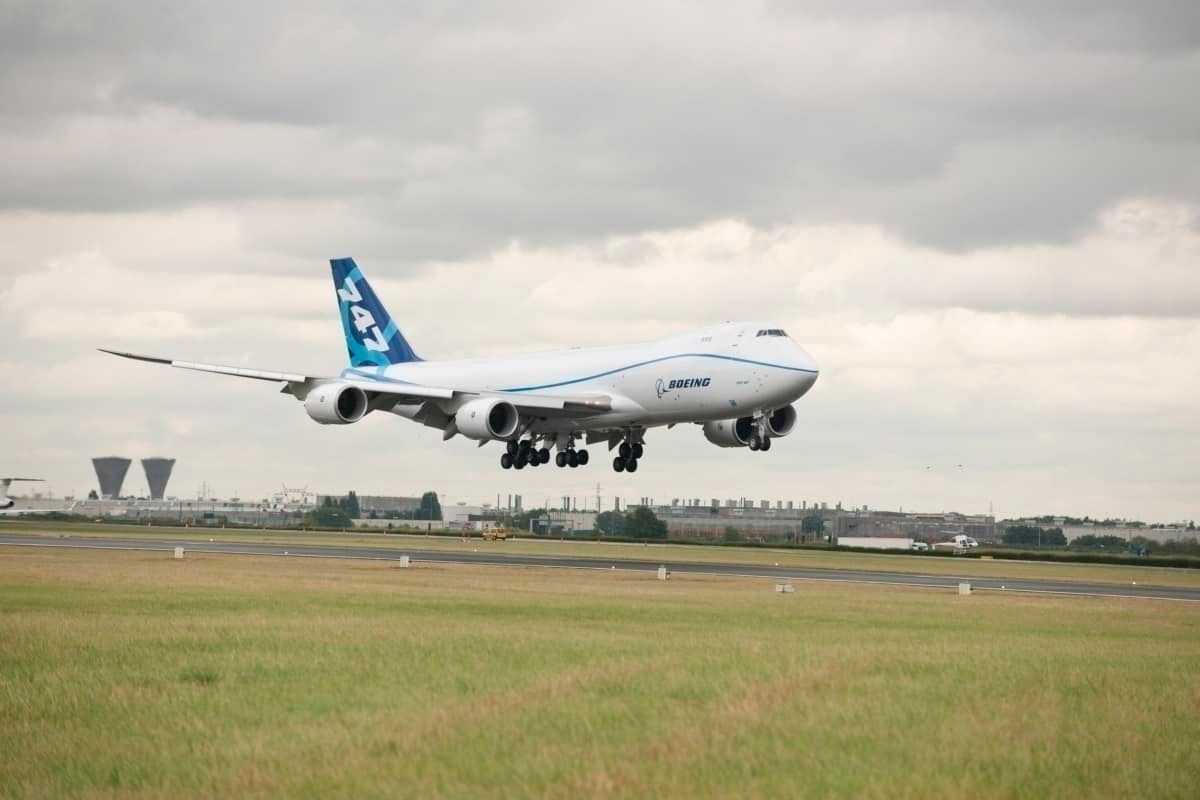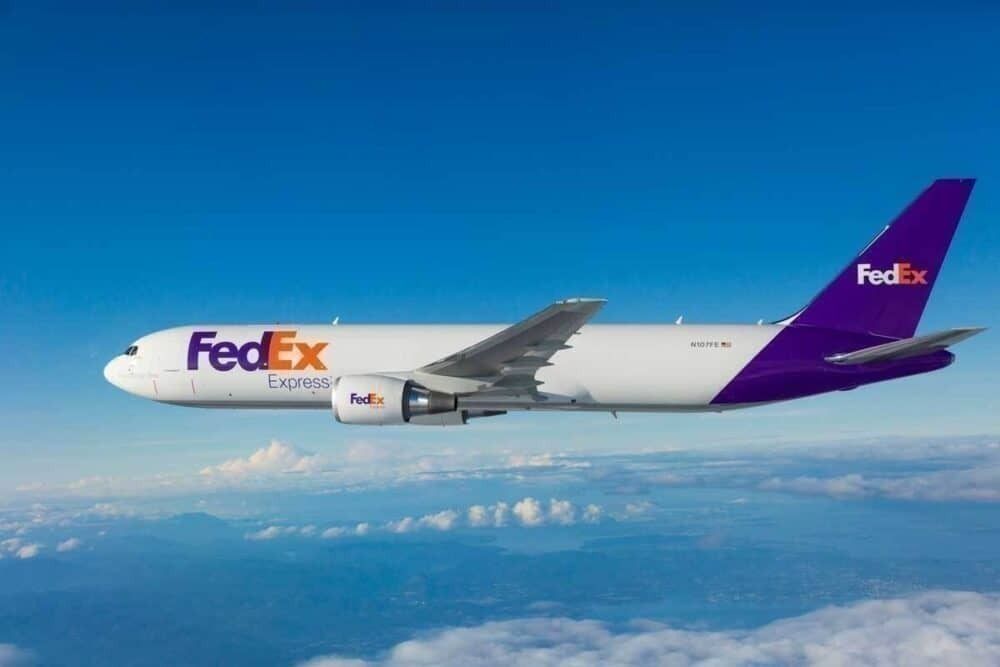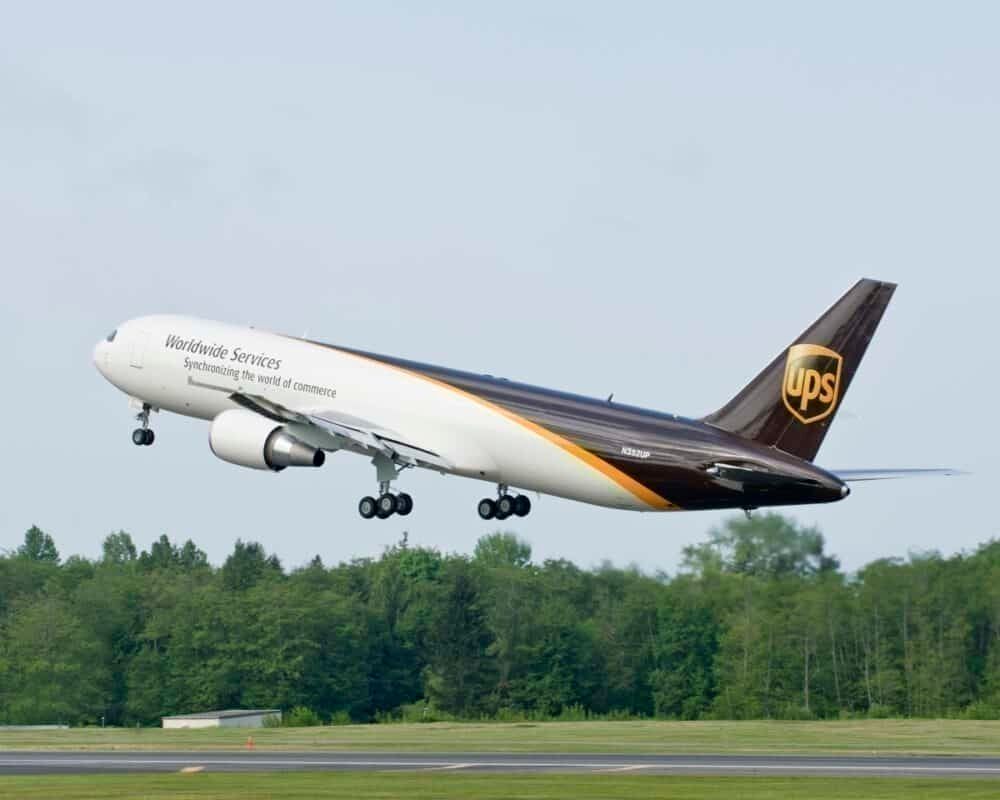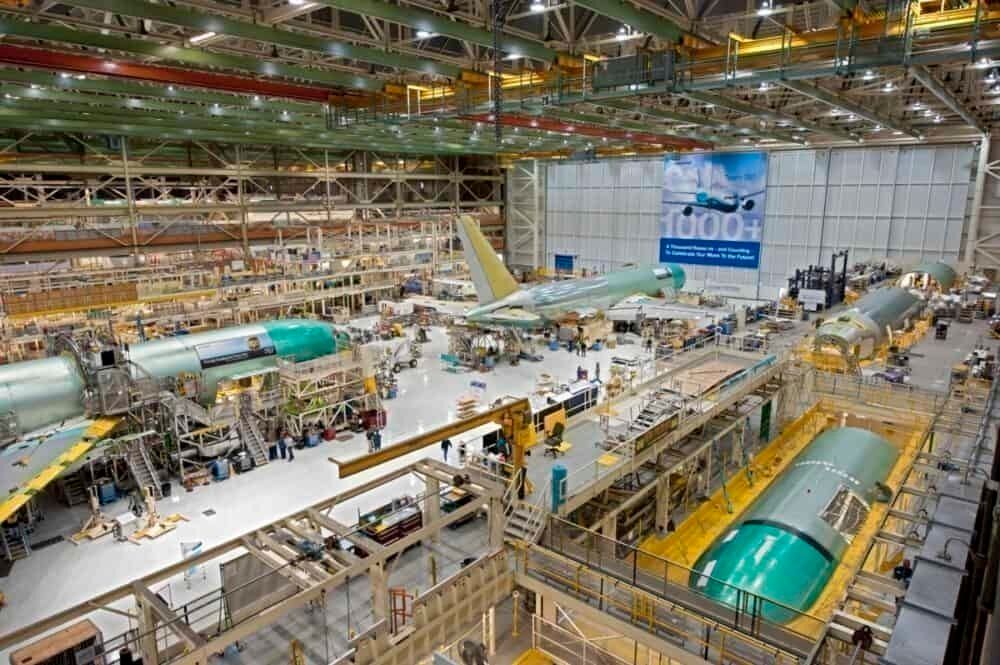Last month, Boeing sold nine new aircraft. All of the jets sold were new freight aircraft. After a dry month for orders in April, this is good news for Boeing and indicates a strong cargo demand, not just now, but for years into the future.
The new orders in May
Boeing sold nine new widebody freight aircraft in May:
- Six Boeing 767 freighters (1 to FedEx and 5 are to unidentified customers)
- 2 Boeing 777 freighters (both to unidentified customers)
- 1 Boeing 747-8 freighter (to UPS)
The air cargo market has done exceptionally well in the last few months. Even for passenger airlines, cargo has done an incredible job paying the bills and pushing the resumption of new routes into effect.
Boeing notes that these orders are not just because of a great few months. Rather, that the orders in question are part of a strong business case for freight aircraft not just now, but for years into the future.
Stay informed: Sign up for our daily aviation news digest.
The cargo airlines
FedEx is the world's largest cargo airline with hubs all over the world. This includes a "SuperHub" at Memphis International Airport. The Boeing 767 is a big part of the cargo airline's fleet with over 80 in service and more than 40 more on order. Alongside this, FedEx also flies Boeing 777F aircraft.
UPS, meanwhile, is a big 747 freight operator. However, alongside the 747s, the airline also has 757s and 767s in its fleet to help transport cargo around the world. The largest hub for UPS is at Louisville International Airport in Kentucky.
Boeing's freight program
While most people know Boeing for its extensive line of passenger jets, the American aircraft manufacturer also has a robust cargo lineup. The 767, though now out of order books for passenger airlines, still has a healthy backlog for freight aircraft. Earlier this year, Boeing even increased 767F production to three per month. The Boeing 777F is produced alongside the 777 passenger line. Meanwhile, the 747F program is producing about 0.5 planes each month.
Beyond these, Boeing also offers permanent conversion programs. This includes a strong 737-800BCF program. In fact, last year, one of Jet Airways' former Boeing 737 was converted into a freighter aircraft for Prime Air. There is also a freighter conversion program available for the Boeing 767 and 747.
Why do cargo airlines order new aircraft?
One of the most prominent characteristics of cargo airlines is that they tend to take up older aircraft ranging from older Boeing 747s to Airbus A300s to MD-10s and MD-11s.
However, these older aircraft do not fit every mission. Newer cargo jets are more efficient and able to fly longer and longer segments that enable the quick transportation of goods. This is especially crucial for perishable products or any other cargo that has a short shelf life. Plus, older aircraft do end up getting more expensive over time and have to be replaced at some point.
No new passenger orders
Passenger airlines, which are struggling in the current climate, have not yet ordered any new jets. And, for the foreseeable future, Boeing will likely take on few new orders in the coming months. However, some airlines are examining growth opportunities.
Are you glad to see these new aircraft orders? Let us know in the comments!




